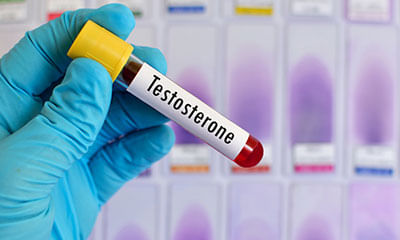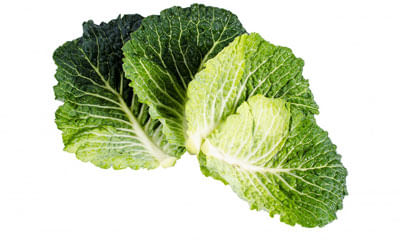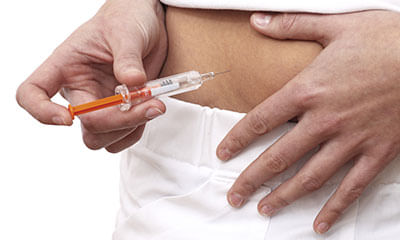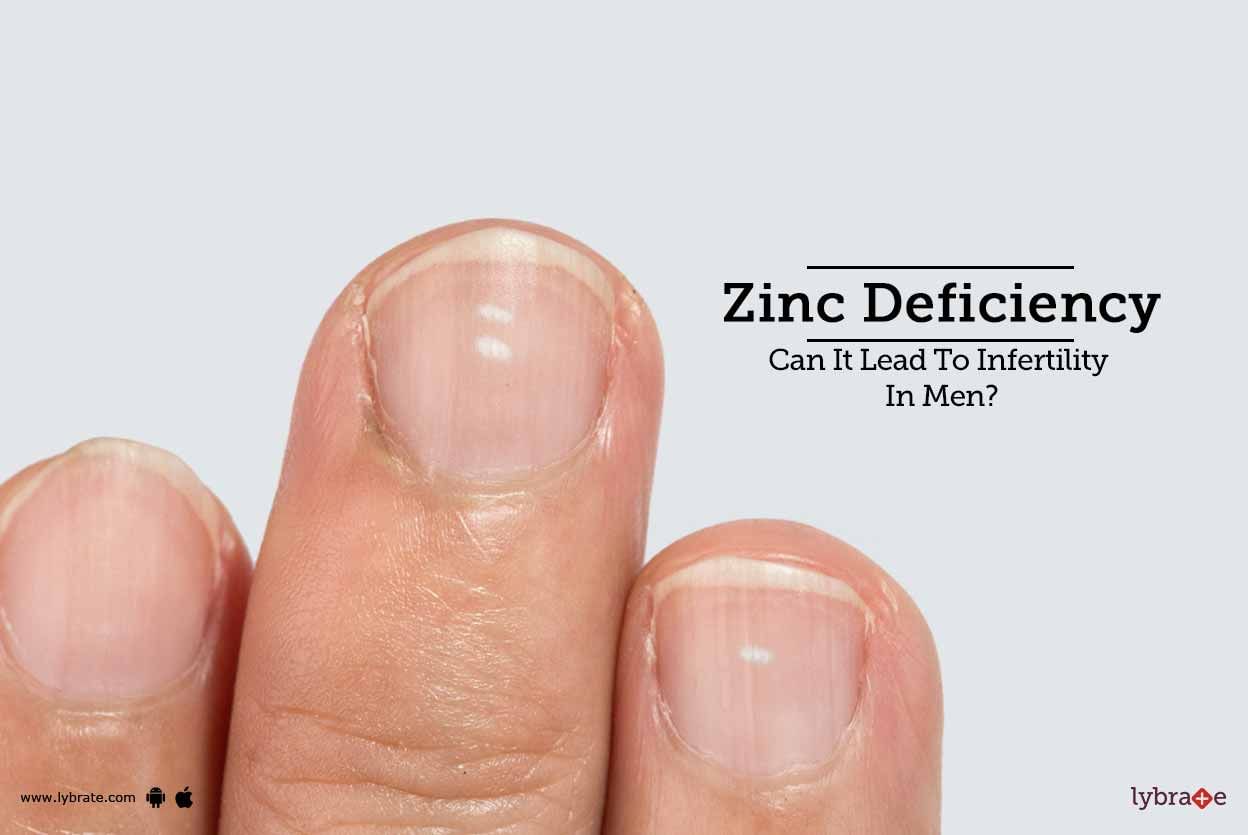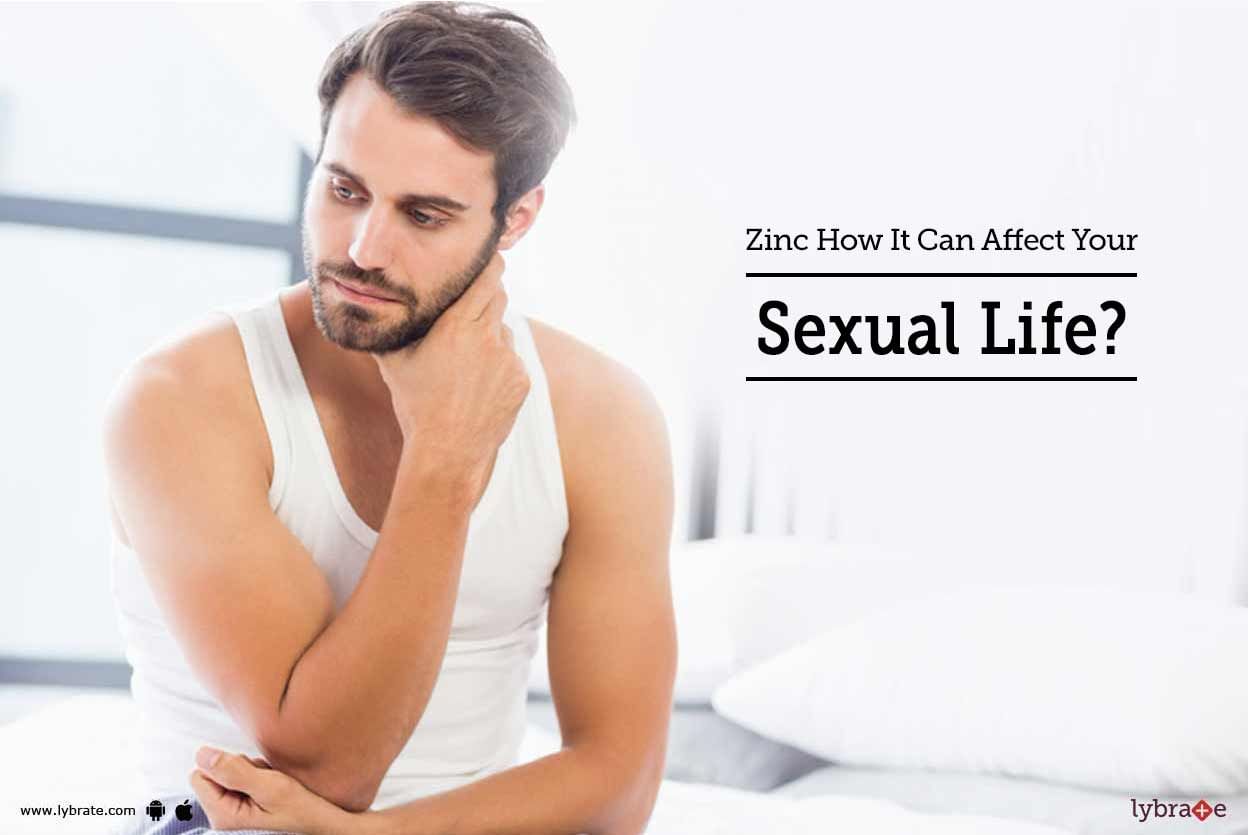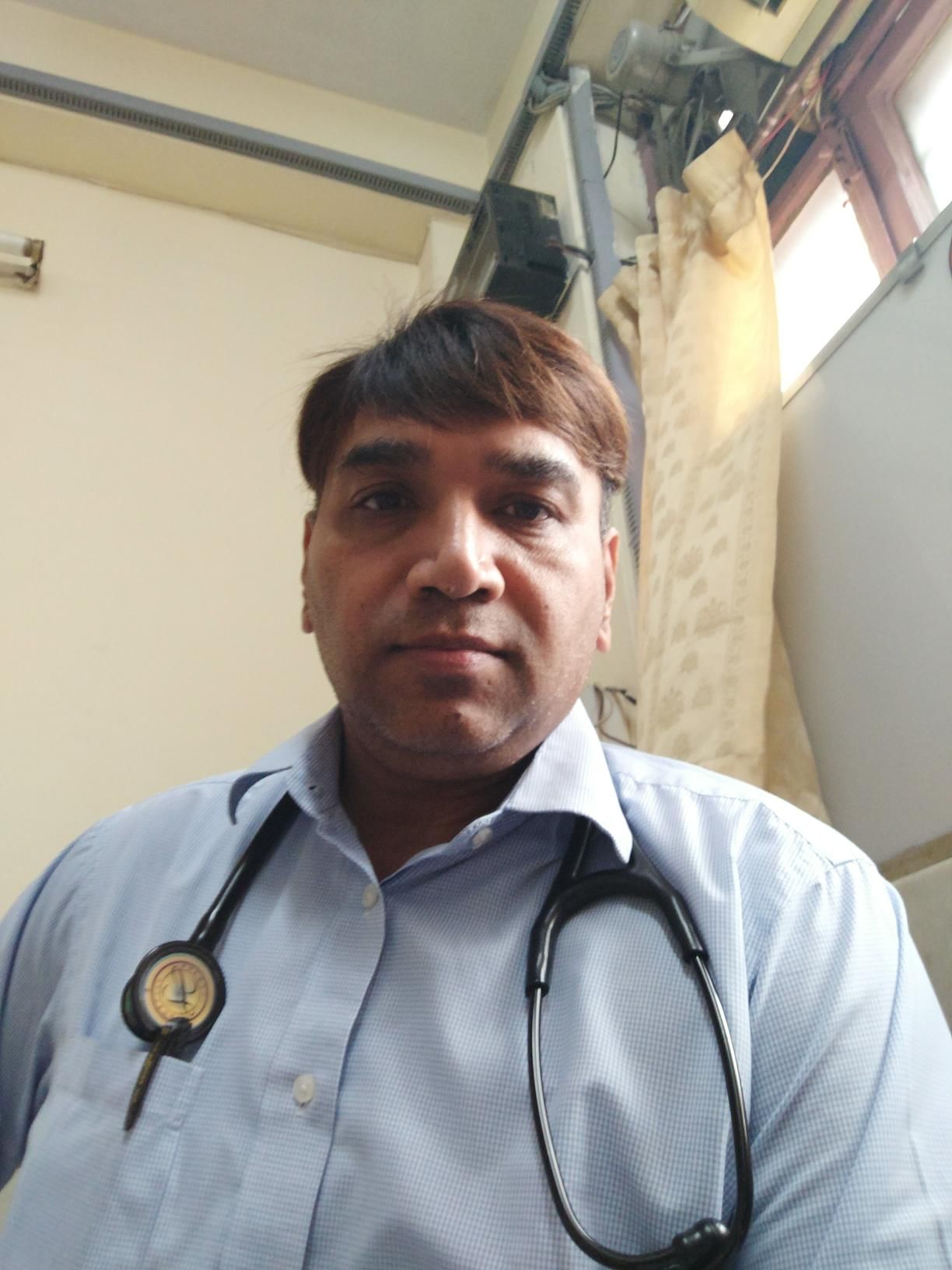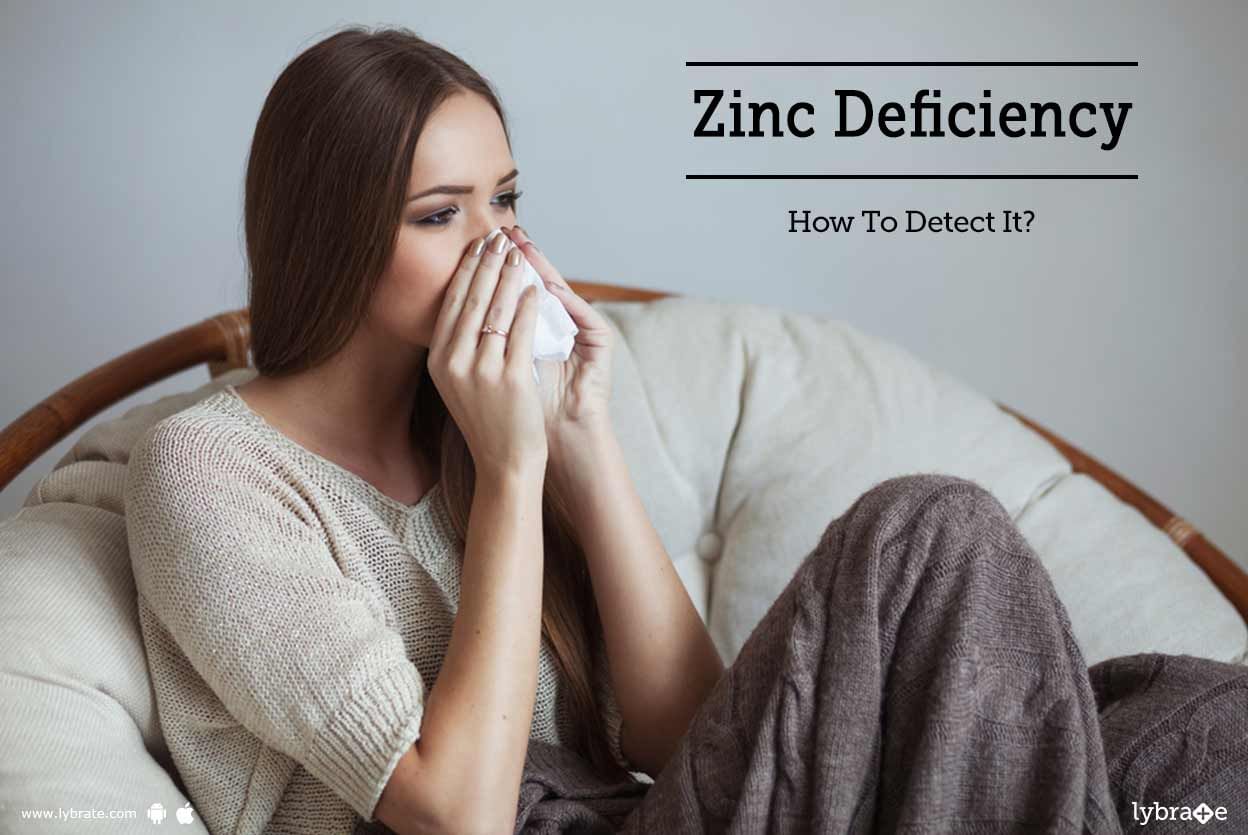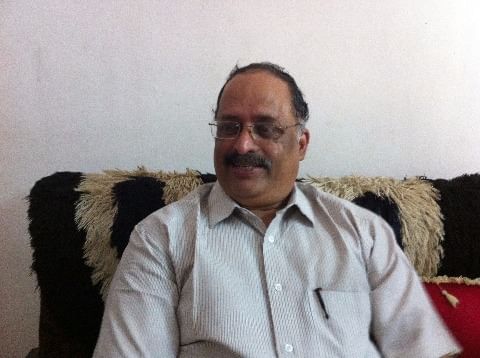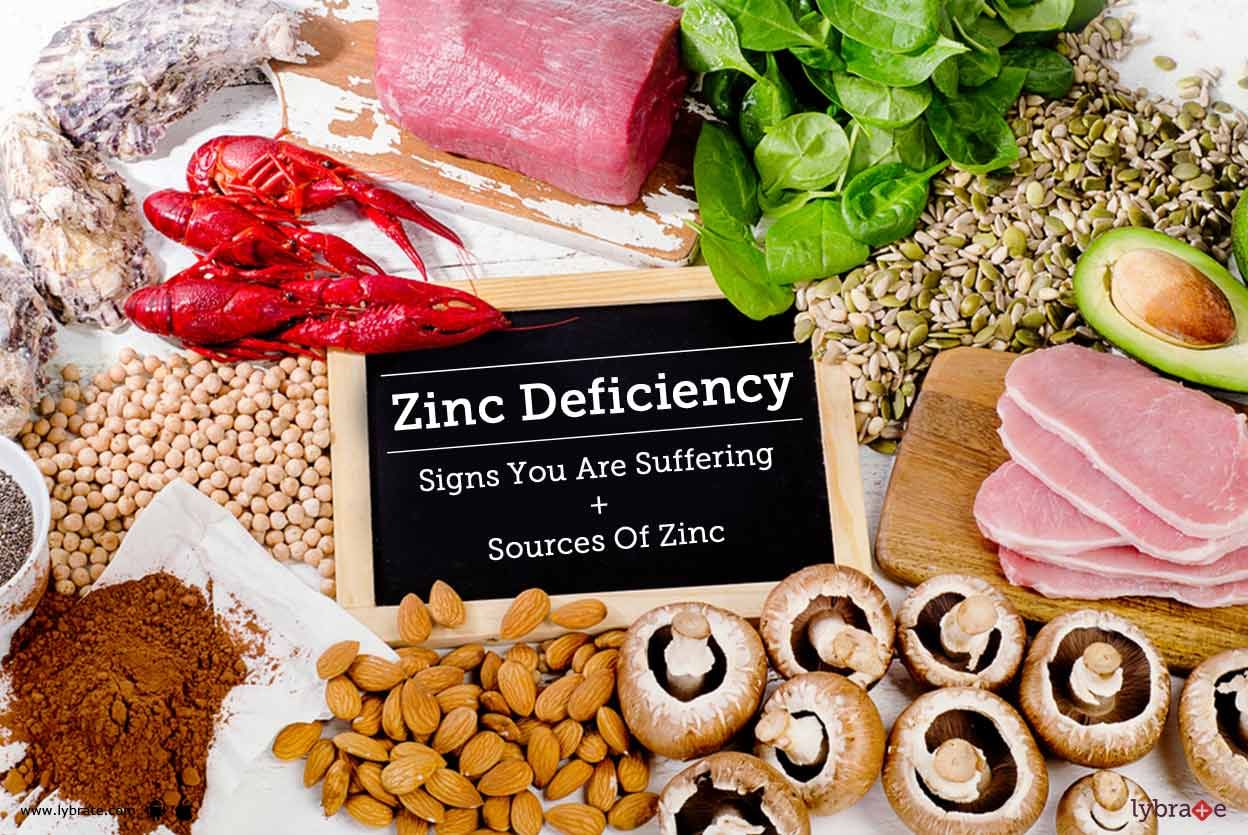Get the App
For Doctors
Login/Sign-up
About
Health Feed
Find Doctors
Health Packages
AllQ&AsTipsQuizzes
Zinc Deficiency Health Feed
Asked for male, 28 years old from Thrissur
Share
Bookmark
Report
Health Query
Share
Bookmark
Report
Bachelor of Ayurveda, Medicine and Surge...read more
Ayurvedic Doctor•Nagpur
Hi sir, rda (icmr 2010) for man - 12 mg.
Why to take supplements when you can deal with your food itself.
Grains: oatmeal, bran flakes, brown and white rice, cereal, fortified wheat germ, corn
legumes: dried cooked beans, split cooked peas, lentils, chickpeas
milk and milk products like cheddar cheese
nuts and seeds: pecans, pumpkin seeds, walnuts, cashews, sunflower seeds, peanut butter.
Nutritional yeast 1 tbsp.
This are rich source of zinc and also other nutrition,...more
Why to take supplements when you can deal with your food itself.
Grains: oatmeal, bran flakes, brown and white rice, cereal, fortified wheat germ, corn
legumes: dried cooked beans, split cooked peas, lentils, chickpeas
milk and milk products like cheddar cheese
nuts and seeds: pecans, pumpkin seeds, walnuts, cashews, sunflower seeds, peanut butter.
Nutritional yeast 1 tbsp.
This are rich source of zinc and also other nutrition,...more
Asked for male, 36 years old from Cuttack
Share
Bookmark
Report
Last Updated: 7 years ago• Featured Tip
Share
Bookmark
Report
Zinc is chemically a metal and a trace mineral with multiple health benefits. It is required by the body for a number of functions in small quantities on a regular basis. Some of its important roles include improving immunity, hormone production and promoting digestion, controlling inflammation, tissue growth and repair, etc. to name a few. It also helps in controlling free radical production and therefore has anti-inflammatory effects in reversing heart disease and fighting cancer.
Abo...more
Abo...more
Health Query
Share
Bookmark
Report
Masters Of Science In Dietetics And Food...read more
Dietitian/Nutritionist•Mumbai
Last Updated: 7 years ago• Featured Tip
Share
Bookmark
Report
Erectile dysfunction is a man's inability to achieve a penetrable erection. It is one of the most common sexual problems faced by men of all ages. Zinc helps the body to produce testosterone and thus the levels of zinc in a person's body may affect erectile dysfunction. And, Zinc is a naturally occurring metallic element. Certain types of vegetable, meats and seafood are rich in zinc.
A host of factors ranging from nutritional deficiency to clinical depression can lead to the condition....more
A host of factors ranging from nutritional deficiency to clinical depression can lead to the condition....more
Last Updated: 7 years ago• Featured Tip
Share
Bookmark
Report
Zinc deficiency is one epidemic that people are mostly unaware of. As per the data shared by World Health Organization, around 31% of the world population is suffering from zinc deficiency. The problem is also ranked 5th in the leading factors that cause several diseases. It is also a primary reason why underdeveloped nations suffer from high mortality rate as zinc deficiency is associated with child pneumonia and diarrhea.
Every person, young or old, needs to have a regular intake of z...more
Every person, young or old, needs to have a regular intake of z...more
Last Updated: 8 years ago• Featured Tip
Share
Bookmark
Report
Zinc and erectile dysfunction
Zinc is a naturally occurring metallic element. Certain types of vegetable, meats and seafood are rich in zinc.
Erectile dysfunction is a man's inability to achieve a penetrable erection. It is one of the most common sexual problems faced by men of all ages. Zinc helps the body to produce testosterone and thus the levels of zinc in a person's body may affect erectile dysfunction.
A host of factors ranging from nutritional deficiency to cli...more
Zinc is a naturally occurring metallic element. Certain types of vegetable, meats and seafood are rich in zinc.
Erectile dysfunction is a man's inability to achieve a penetrable erection. It is one of the most common sexual problems faced by men of all ages. Zinc helps the body to produce testosterone and thus the levels of zinc in a person's body may affect erectile dysfunction.
A host of factors ranging from nutritional deficiency to cli...more
Last Updated: 8 years ago• Featured Tip
Share
Bookmark
Report
Zinc deficiency is one epidemic that people are mostly unaware of. As per the data shared by World Health Organization, around 31% of the world population is suffering from zinc deficiency. The problem is also ranked 5th in the leading factors that cause several diseases. It is also a primary reason why underdeveloped nations suffer from high mortality rate as zinc deficiency is associated with child pneumonia and diarrhea.
Every person, young or old, needs to have a regular intake of z...more
Every person, young or old, needs to have a regular intake of z...more
Last Updated: 8 years ago• Featured Tip
Share
Bookmark
Report
Zinc is chemically a metal and a trace mineral with multiple health benefits. It is required by the body for a number of functions in small quantities on a regular basis. Some of its important roles include improving immunity, hormone production and promoting digestion, controlling inflammation, tissue growth and repair, etc. to name a few. It also helps in controlling free radical production and therefore has anti-inflammatory effects in reversing heart disease and fighting cancer.
Abo...more
Abo...more
Book appointment with top doctors for Zinc Deficiency treatment
View fees, clinic timings and reviews
Ask a free question
Get FREE multiple opinions from Doctors
posted anonymously


